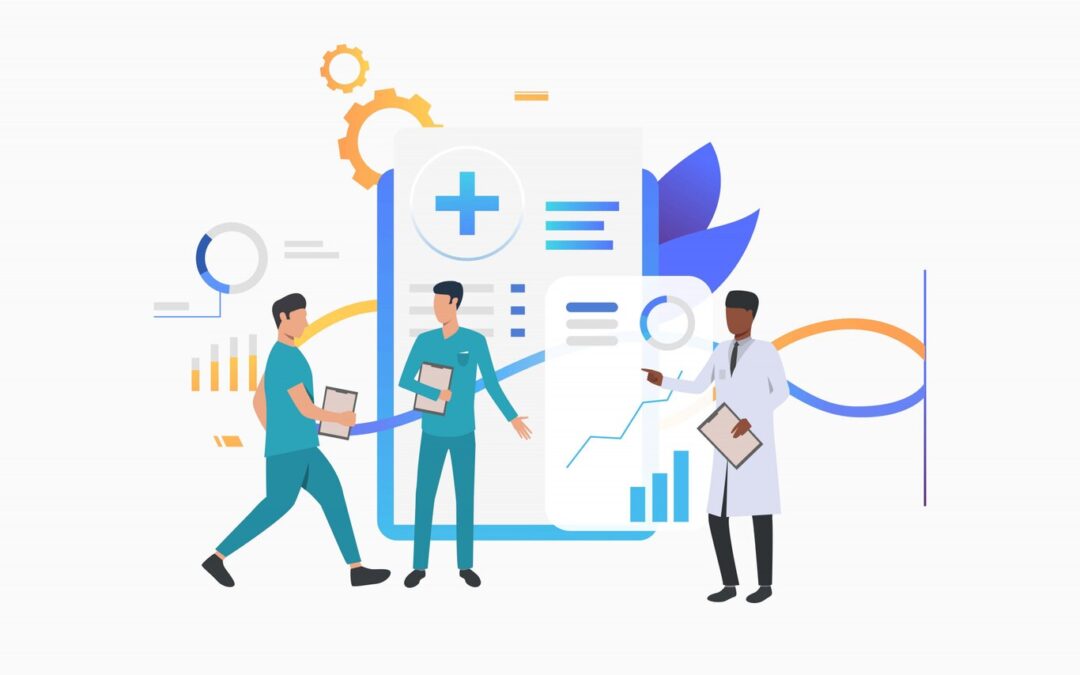Meditech EHR is a widely used electronic health record (EHR) system. It helps healthcare providers store and manage patient data efficiently. However, with digital records, security concerns arise. Protecting sensitive patient information is crucial.
Understanding Meditech EHR Security
Meditech EHR is designed with security in mind. It follows strict healthcare regulations, such as HIPAA. These rules ensure that patient data remains private and protected from unauthorized access.
Key Security Features of Meditech EHR
1. Data Encryption
Encryption converts patient data into a secure format. This ensures that even if data is intercepted, it cannot be read without proper authorization.
2. User Authentication
Meditech EHR uses multi-factor authentication (MFA). This requires users to verify their identity before accessing patient records.
3. Role-Based Access Control
Not all users can access all information. Meditech EHR assigns permissions based on user roles. Doctors, nurses, and administrators have different access levels.
4. Audit Logs
Every action in Meditech EHR is recorded. These logs track who accessed, modified, or shared patient data. This helps detect suspicious activity.
5. Automatic System Updates
Meditech regularly updates its system. These updates include security patches that fix vulnerabilities and improve protection.
6. Data Backup and Recovery
Meditech EHR stores backup copies of patient data. In case of system failure or cyberattacks, data can be restored quickly.
Common Security Threats in EHR Systems
1. Cyberattacks
Hackers target EHR systems to steal patient data. Ransomware attacks can lock medical records, demanding payment for access.
2. Insider Threats
Sometimes, employees misuse their access to patient data. Unauthorized sharing of medical information can lead to privacy violations.
3. Phishing Scams
Hackers trick employees into revealing login credentials. Once they gain access, they can steal or alter patient records.
4. Data Breaches
Weak security settings can expose patient data. Hospitals and clinics must follow strict security measures to prevent leaks.
Best Practices for Protecting Patient Data
1. Train Staff on Security Protocols
Healthcare employees should know how to identify phishing emails and avoid sharing sensitive information.
2. Use Strong Passwords
Passwords should be complex and changed regularly. Two-factor authentication adds an extra layer of security.
3. Restrict Access
Only authorized personnel should access specific patient data. Role-based access control ensures data is not misused.
4. Monitor System Activity
Regularly checking audit logs helps detect unusual activity. If unauthorized access is found, immediate action should be taken.
5. Keep Software Updated
Outdated software can have security vulnerabilities. Regular updates keep Meditech EHR protected against new threats.
6. Backup Data Regularly
Frequent data backups ensure that patient records are not lost in case of system failures or attacks.
Future of Meditech EHR Security
Meditech continues to improve its security features. With advancements in artificial intelligence, threat detection will become faster. Future updates may include:
- AI-powered security monitoring.
- Biometric authentication for added protection.
- Stronger encryption methods.
Conclusion
Meditech EHR offers strong security measures to protect patient data. However, cybersecurity threats are always evolving. Healthcare providers must follow best practices to ensure maximum security. Regular updates, training, and strict access controls help keep patient records safe.
FAQs
1. Is Meditech EHR HIPAA compliant?
Yes, Meditech EHR follows HIPAA regulations to protect patient privacy and security.
2. How does Meditech EHR prevent unauthorized access?
It uses multi-factor authentication, encryption, and role-based access controls to prevent unauthorized access.
3. What should I do if I suspect a security breach?
Report it immediately to the IT department. Check audit logs and reset affected passwords.
4. Can Meditech EHR recover lost patient data?
Yes, Meditech EHR has backup and recovery options to restore lost or damaged data.
5. How often should Meditech EHR be updated?
Regular updates should be installed as soon as they are available to maintain security and performance.
By following security best practices, healthcare organizations can ensure that patient data remains protected within Meditech EHR.

